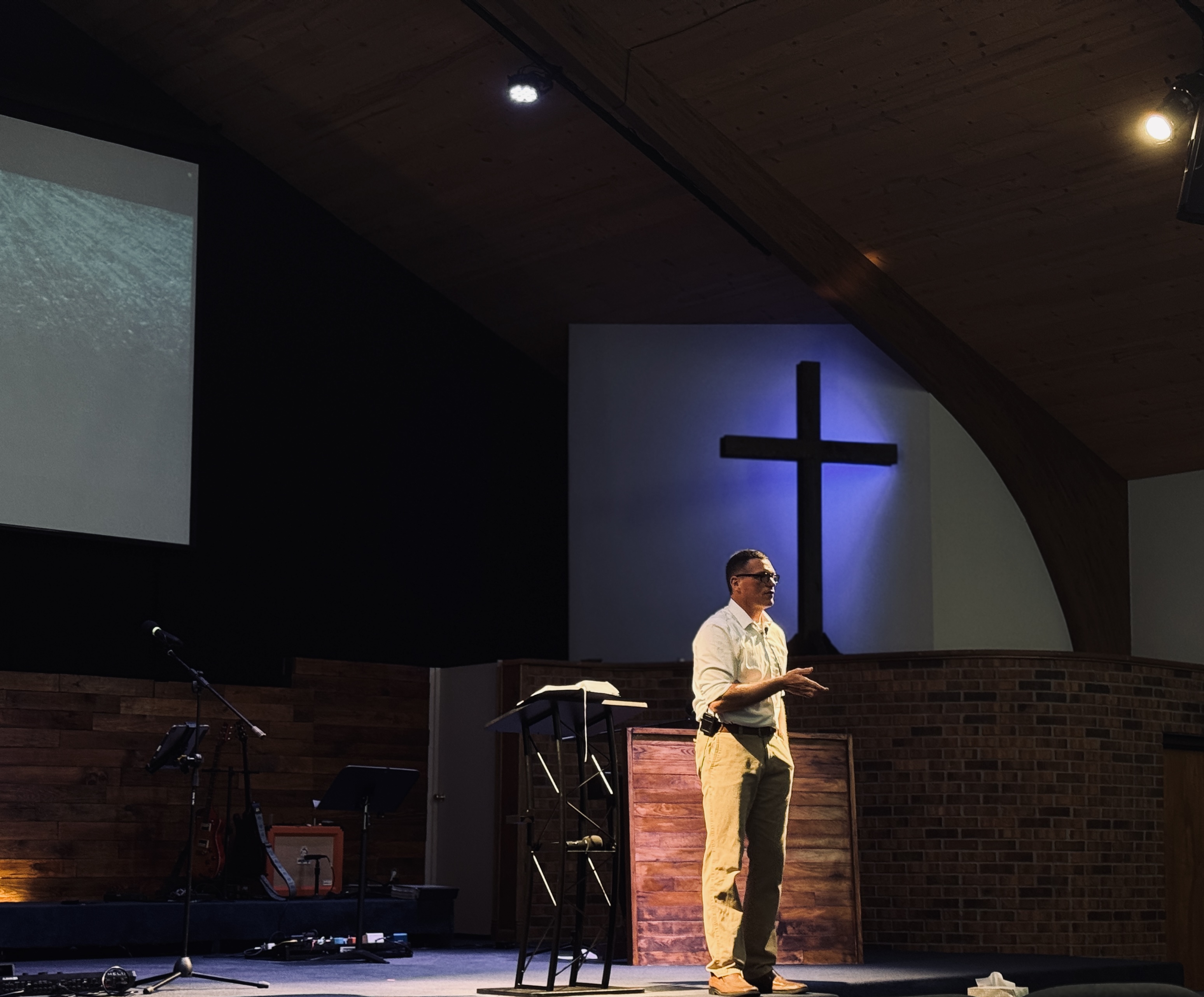Living as People of the Truth - Part 4

Part 4: When Truth Gets Personal (and Then Disappears)
Living as People of the Truth in a Half-Truth, My-Truth, No-Truth World
We started with counterfeit truths that sound spiritual but twist Scripture. Now, the distortion goes even deeper.
We’ve shifted from half-truths to personalized truth: my truth.
These are the slogans of our age:
- “Live your truth.”
- “That may be true for you, but not for me.”
- “You do you.”
- “As long as you’re not hurting anyone…”
It all sounds empowering on the surface. But underneath, it's built on the shaky idea that truth is whatever you want it to be—so long as it feels right and photographs well for social media.
And people will defend that idea with stories like the blind men and the elephant.
You know the one: A group of blind men each touches a different part of an elephant. One grabs the trunk and says, “It’s a snake!” Another feels the leg—“No, it’s a tree!” Someone touches the side—“It’s a wall!” Another grabs the tail—“It’s a rope!”
And the moral is supposed to be, “See? Everyone has their own version of the truth.”
But here’s the catch: that story only makes sense if someone can see the whole elephant.
The blind men feel different things—but they’re still wrong. The truth isn’t that the elephant is all those things. The truth is: it’s an elephant.
Ironically, the very story that’s supposed to defend relativism actually proves the opposite.
The danger of my truth is that when we build life on shifting feelings, changing opinions, or popular trends, we end up on unstable ground. It’s like building a house on a trampoline. Sure, you might enjoy the bounce for a while—but eventually, it collapses.
You can’t build a house on a floor that keeps moving.
Jesus said, “Everyone who hears these words of mine and puts them into practice is like a wise man who built his house on the rock.” (Matthew 7:24)
Truth isn’t a mood or a vibe or a temporary platform. Truth is a rock. And when your life is built on the Rock—no matter what shakes around you—you can stand. Even if the earth gives way, if the mountains fall into the sea (Psalm 46:2–3), you don’t have to fall with them. Because the Truth stands firm.
And then, we arrive at the final stage: not half-truths, not my-truths… but no truth at all.
This is where our culture is headed—if we’re not already there.
Phrases like:
- “Who are you to say what’s true?”
- “Truth is just a power move.”
- “All religions basically teach the same things.”
- “There’s no such thing as truth—only perspective.”
Sound familiar? We’ve heard them before. In fact, we’ve already talked about it. It’s Pilate’s shrug: “What is truth?” Not a question to explore—but a question to dismiss. A shrug of the soul.
But here’s the truth nobody wants to admit: You don’t get rid of truth without consequences.
Coming tomorrow - Part 5:
What happens when truth is ignored? Next time, we’ll look at the consequences of truth being mocked, blurred, or outright rejected—and why our world is feeling the fallout.

